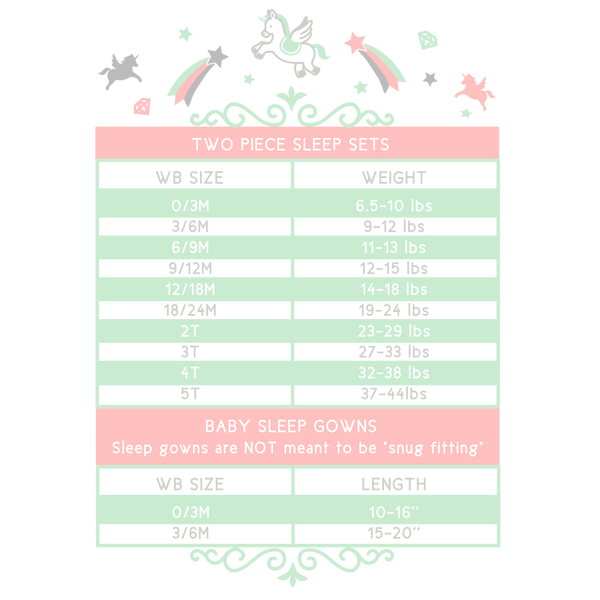New Study: Eczema Reduces Children’s Sleep Quality
Research is reflecting what most eczema parents know all too well—eczema affects sleep in a big way. According to a new study, published by JAMA Pediatrics (Journal of the American Medical Association-Pediatrics), children with atopic dermatitis (eczema) are more likely to have a reduced quality of sleep despite receiving approximately the same amount of sleep as children who are not affected by atopic dermatitis (AD).
Researchers examined data collected from almost 14,000 children in the UK. Of the children included, 35.3% were defined as having AD. Sleep duration was assessed by standardized questionnaires at eight time points between 2 and 16 year old. It was calculated by mothers or it was self-reported (16 year olds only) and based upon the time the child went to sleep and the time the child woke up in the morning. Mothers of children between 2 and 7 years were also asked about daytime sleep duration. Measures of sleep quality included nighttime awakenings, early morning awakenings, difficulty falling asleep, and nightmares. The researchers found that children with atopic dermatitis lost only 2 minutes of sleep daily when compared to children without the condition.
Although both groups had similar sleep duration, children with active AD were more likely to report worse sleep quality at all time points, with nearly 50% higher odds of experiencing more sleep quality disturbances. Moreover, children with more severe active disease and with comorbid asthma or allergic rhinitis had worse sleep quality, but even children with mild AD had statistically increased odds of impaired sleep quality.
Faustine D. Ramirez, BA, from the University of California, San Francisco’s Program for Clinical Research and the lead researcher of the study wrote: “Pruritus (itchy skin that makes you want to scratch), a hallmark of atopic dermatitis, is often worse at night, resulting in scratching that may interfere with the process of falling asleep and cause disruptions in ongoing sleep...Adequate sleep is critical to well-being and health. In children, acute and chronic sleep disturbances have been associated with a wide range of cognitive, mood and behavioral impairments and have been linked to poor educational performance.”
“From a clinical perspective, our findings suggest that pediatricians should consider screening all children with atopic dermatitis, even if their disease is mild or no longer active,” Ramirez and colleagues wrote. “Clinicians may offer anticipatory guidance, education, behavioral interventions and referrals if appropriate. Early detection and management of sleep problems in children with atopic dermatitis is critical to prevent quality-of-life impairments, daytime fatigue, as well as behavioral and mood disorders reported in children with atopic dermatitis.”
Sources:
https://jamanetwork.com/journals/jamapediatrics/fullarticle/2725861
Leave a comment
Comments will be approved before showing up.







About The Author
Tara Saltzburg founded Westyn Baby when her son was an infant battling severe eczema. She was always on the lookout for products that would minimize the irritation and ease his discomfort, but safe, non-irritating pajamas proved difficult to find. Tara started Westyn Baby in 2016 with a mission to create better, safer sleepwear for kids - sleepwear that's exceptionally soft, flame-retardant free, sensitivity-friendly, and durable. Read more about WB sleepwear.
Tara was born and raised at the NJ shore and attended Penn State University, where she played soccer and discovered her love of mountain life. She is a mom of one boy and hopes to eventually have enough kids to form some sort of athletic team. She and her family currently reside in Central Pennsylvania and spend the summers in Stone Harbor, NJ.